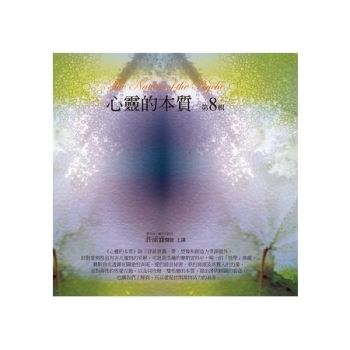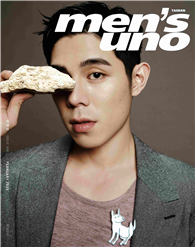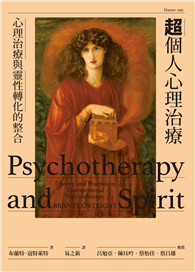This book addresses how people in digital communities during the Anthropocene can become ecologically ready participants who are willing to build a flourishing relationship with the environment through a lens of community and care. The community-care paradigm is theorized as a way of understanding and living in the more-than-human world that is based on a relational ontology, situated knowledges, and ethics of care that takes individuals-in-communities as its basic unit of consideration. The author draws together disparate lines of inquiry--including ancient and contemporary rhetoric, media studies, ethical philosophy, and animal studies--to highlight how the digital discourses occurring in the Anthropocene can help illuminate the partial, processual, active, and rhetorical nature of flourishment of our bodies, our selves, and our environment. Each chapter of the book contributes to theorizing and illuminating how digital rhetorics can provide individuals with ecological readiness, the ability to craft more-than-human worlds of contingent wellbeing, and vulnerable flourishment
| FindBook |
有 1 項符合
Digital Worldbuilding and Ecological Readiness的圖書 |
 |
Digital Worldbuilding and Ecological Readiness 作者:Rosenfeld 出版社:Lexington Books 出版日期:2023-10-30 語言:英文 規格:精裝 / 228頁 / 普通級/ 初版 |
| 圖書館借閱 |
| 國家圖書館 | 全國圖書書目資訊網 | 國立公共資訊圖書館 | 電子書服務平台 | MetaCat 跨館整合查詢 |
| 臺北市立圖書館 | 新北市立圖書館 | 基隆市公共圖書館 | 桃園市立圖書館 | 新竹縣公共圖書館 |
| 苗栗縣立圖書館 | 臺中市立圖書館 | 彰化縣公共圖書館 | 南投縣文化局 | 雲林縣公共圖書館 |
| 嘉義縣圖書館 | 臺南市立圖書館 | 高雄市立圖書館 | 屏東縣公共圖書館 | 宜蘭縣公共圖書館 |
| 花蓮縣文化局 | 臺東縣文化處 |
|
|
圖書介紹 - 資料來源:博客來 評分:
圖書名稱:Digital Worldbuilding and Ecological Readiness
Thinking Literature: Essays on Reading Literary Classics Today
Teacher and Learner Agency for Collaborative Learning: Academic Writing in a Blended Environment
The House That Fox News Built?: Representation, Political Accountability, and the Rise of Partisan News
Covering Covid-19: The Coronavirus Pandemic as a Critical Moment for Digital Journalism
Asexuality in Young Adult Fiction
Bee Brown: Wildflower Bee (Foiled Journal)
Bee Brown: Folk Owl (Foiled Journal)
How to Become a Black Writer
Bye Bye I Love You: The Story of Our First and Last Words
Young Learners’ Oracy Acquisition and Development in International Foreign Language Learning Contexts
Teacher and Learner Agency for Collaborative Learning: Academic Writing in a Blended Environment
The House That Fox News Built?: Representation, Political Accountability, and the Rise of Partisan News
Covering Covid-19: The Coronavirus Pandemic as a Critical Moment for Digital Journalism
Asexuality in Young Adult Fiction
Bee Brown: Wildflower Bee (Foiled Journal)
Bee Brown: Folk Owl (Foiled Journal)
How to Become a Black Writer
Bye Bye I Love You: The Story of Our First and Last Words
Young Learners’ Oracy Acquisition and Development in International Foreign Language Learning Contexts
|











